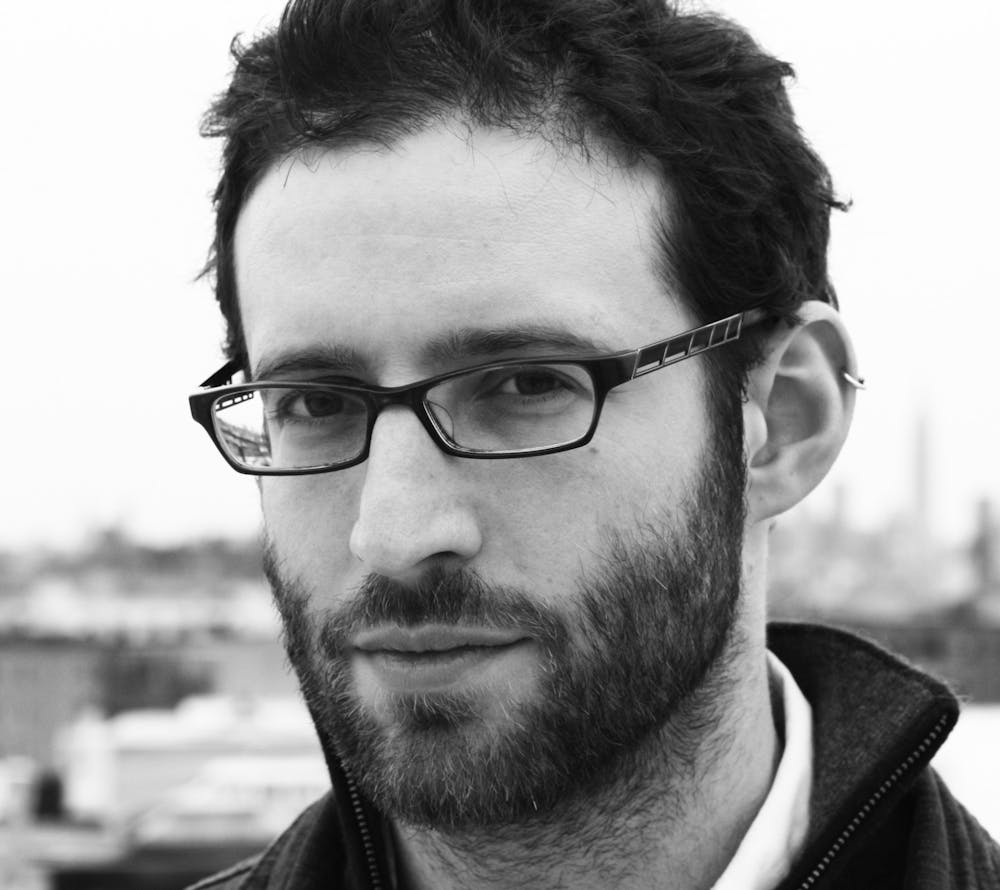Penn assistant professor of sociology Daniel Aldana Cohen co-hosted an event to discuss the global processes of combatting the climate crisis and rethinking the economy in Latin America.
The virtual event, titled “Transforming Energy and Economic Systems in the Latin American Green New Deal," took place on Oct. 8. During the conversation, the panelists discussed how Latin America can rethink recession recovery and carbon emissions reduction to shift the balance of power to workers and communities of color, Penn Today reported.
Cohen described the Green New Deal as "an egalitarian, democratic approach to the climate crisis based on expansive public investments." He added that the Green New Deal’s underlying economic and social principles are more important than the Green New Deal label, Penn Today reported.
Cohen is building on a special report he co-authored for the North American Congress on Latin America with the other host of the panel, assistant professor of political science at Providence College Thea Riofrancos.
The event included three panelists who each addressed different aspects of the Latin American Green New Deal, Penn Today reported. Ruth Santiago, a Puerto Rico-based attorney and community organizer, works to prevent pollution from power plant emissions and promotes solar energy. Tom Perreault, a geography professor at Syracuse University, studies lithium use in Bolivia. Camila Gramkow is an Economic Affairs Officer with the Brazil office of the Economic Commission for Latin America and the Caribbean.
Santiago said it is necessary to transform and phase out the fossil fuel industry through energy efficiency, energy literacy, and education. In Puerto Rico, where she works, Santiago said the energy industry is a form of colonization promoted by private corporations and the U.S. government.
As Latin American countries brace for the ever-advancing environmental crisis, Gramkow said these countries must prepare for both new problems and the aggravation of old ones. She added that Latin American economies are currently in the largest recession in at least a century, which will result in social degradation and severe poverty for more than 95 million people.
Gramkow said there needs to be a “big push” to launch countries into self-sustaining growth which should involve collaborations between the public and private sectors.
RELATED:
Engineering Dean’s Advisory Board will launch challenge to tackle environmental issues
Penn Program in Environmental Humanities kicks off academic year with Climate Week lectures
The event was co-sponsored by the Socio-Spatial Climate Collaborative, which Cohen runs.
The Socio-Spatial Climate Collaborative is a hub for social science research on the climate emergency at Penn. The team is advancing the debate on the Green New Deal, focusing on inequality and the built environment through workshops and public events.









